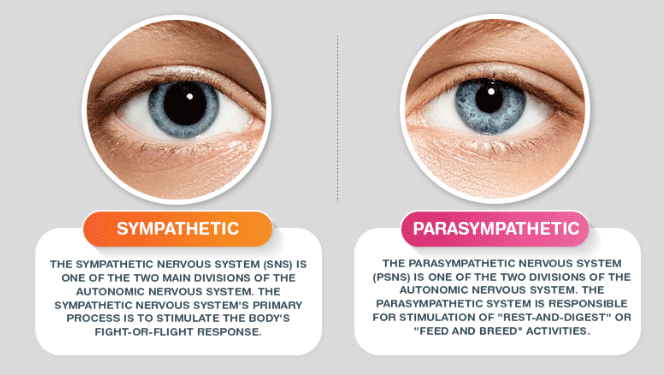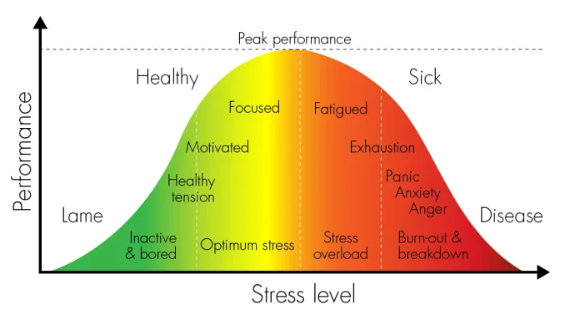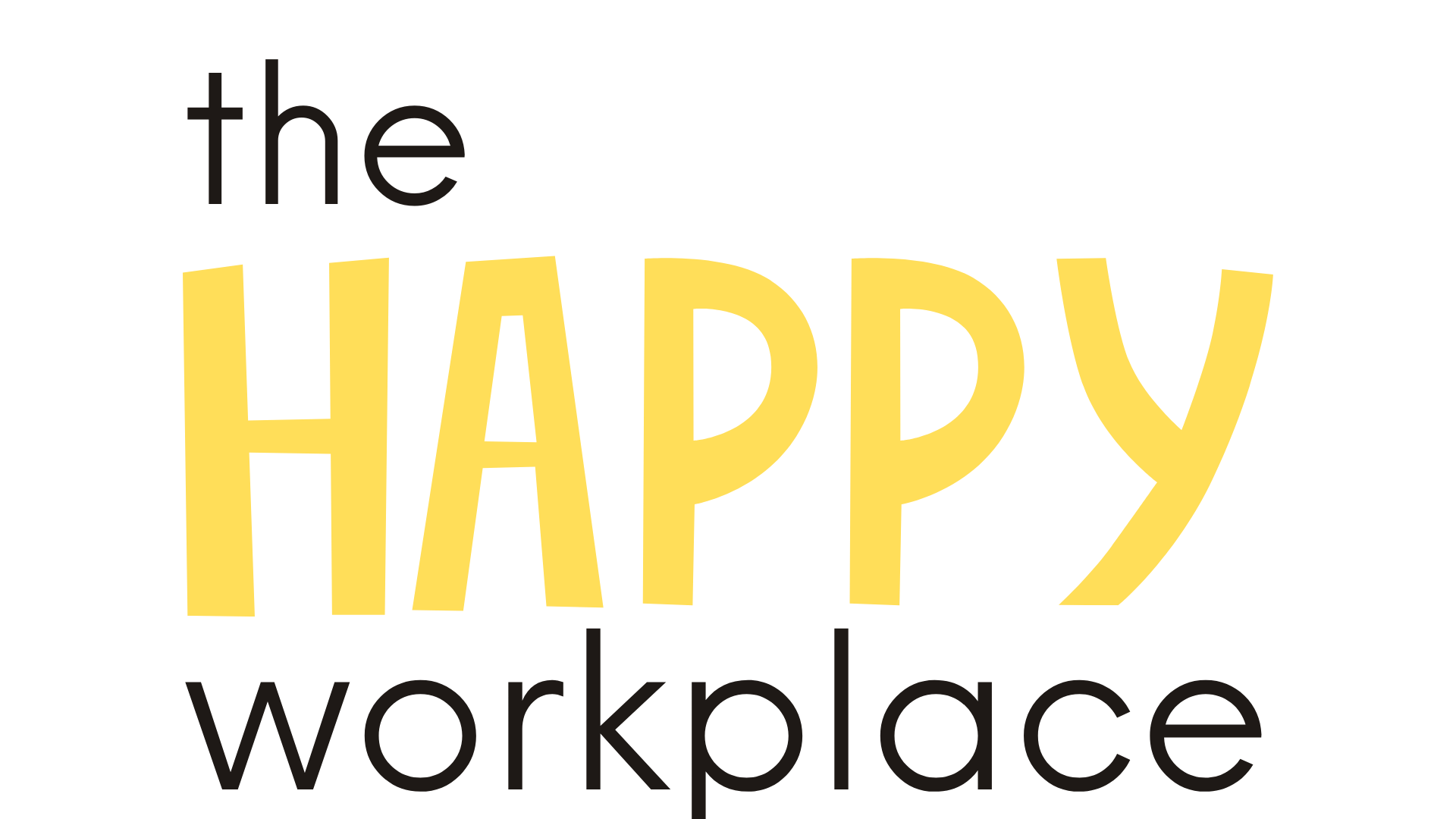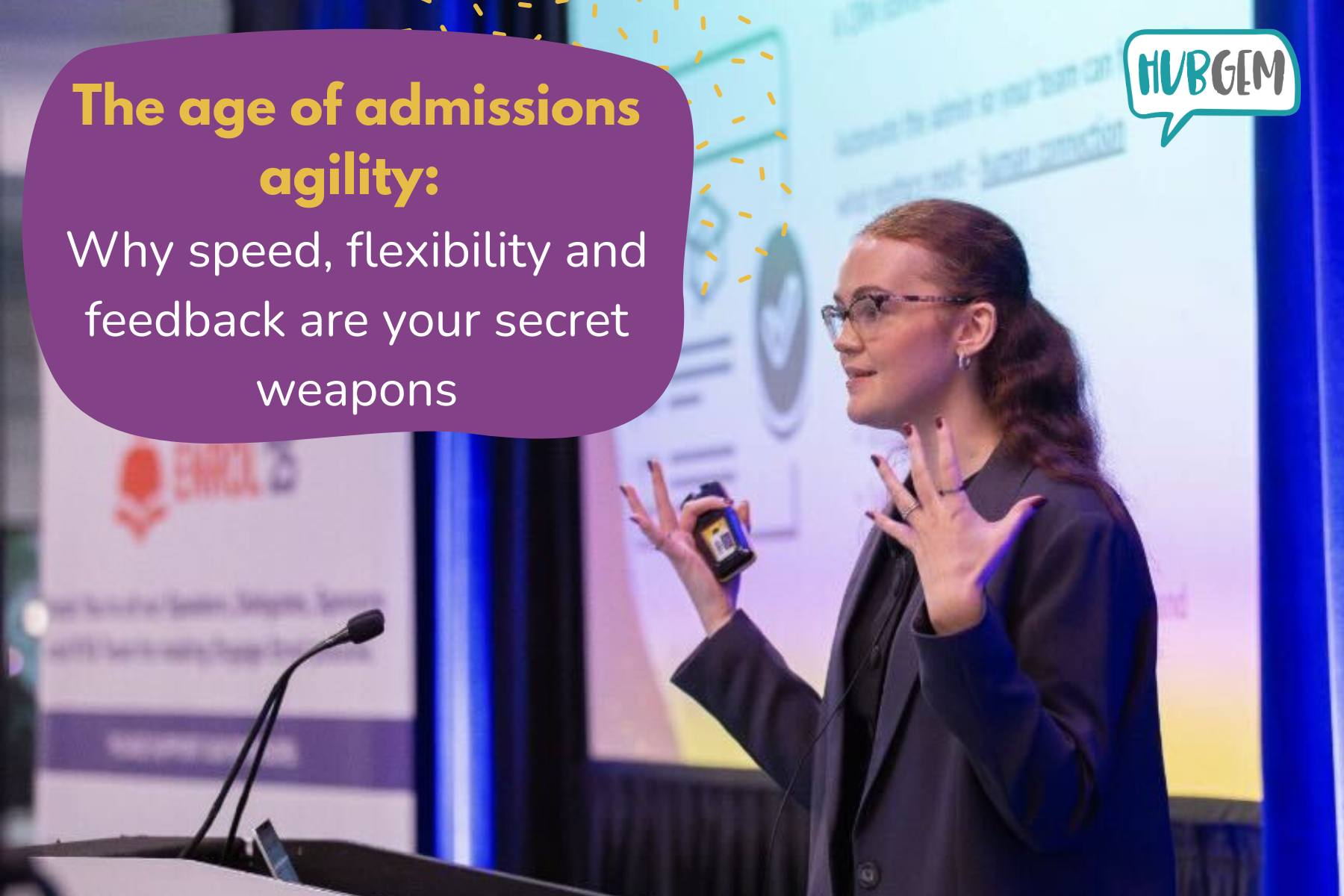Well-being at work is an ongoing, daily and important task for us all. With this in mind, HubGem is looking at tips for well-being at work, under the themes of planning, stress reduction and moving.
This is the second article of a three-part series, concentrating on methods around decreasing stress and increasing focus at work. Part 1 was about planning- If you enjoy this article, please read part 1 here.
Stress as the enemy of focus
In the last article, we touched upon how increasing dopamine can increase our ability to focus on work. This is especially true in remote working positions.
Focus is so important for our mental health. If we can’t focus, we will likely procrastinate and get behind on our work, leading to more stress and poorer work performance. Stress stops us in our tracks when it comes to concentration, so this is a really important step to get right.
If you adjust the factors in your life causing stress, work will become much easier and more enjoyable.
When discussing stress, it’s essential to mention the autonomic nervous system. This nervous system is automatic and controls your heart rate, digestion, blood pressure, metabolism, urination and defecation, along with other crucial processes. Within the autonomic nervous system, there are the parasympathetic and the sympathetic nervous systems.

The parasympathetic nervous system
The parasympathetic nervous system, fondly known as ‘rest and digest,’ aims to bring the body into a state of calm. In this state, you can digest food and your heart rate will reduce. This feels like relaxing on a hot summer day with friends, or a hot bath. You can naturally activate the parasympathetic nervous system by engaging in deep breathing.
The sympathetic nervous system
The sympathetic nervous system is in control of your fight or flight responses, which prepare your body for potential danger, such as muscles contracting, adrenaline being released and increasing your heartbeat. You may consciously perceive this as stress or anxiety, for example, the feeling most people get before giving an important presentation to a large crowd.
Fight or flight responses are adaptive and helpful in situations that are dangerous. However, in the modern working world, fight or flight can be activated at the smallest of negative interactions. That’s when the response becomes maladaptive and needs to be manipulated.
This doesn’t mean that the sympathetic nervous system can’t help. There is a healthy level of stress that most of us can keep in balance when we know how. Stress can help us perform better than no stress at all. Check out the bell curve below to see how stress can improve our performance, up to a certain point! Too much stress and it all goes South again. These two ends of the pole can be known as ‘Bore-out’ and Burnout.
Stress at work
Now we know there is an ideal performance zone between stress and focus, it’s good to figure out how to balance this at work.
Eating well, getting enough sleep, exercising and taking care of your mental health are top priorities for decreasing stress. This enables you to handle larger challenges at work, with greater ease. Not looking after these basic needs can lead to stress and a cycle of perpetual stress, called burnout.
What to do when experiencing burnout

- Look into habits you could add to your day to begin helping yourself. The App- Fabulous- is a beautifully designed habit tracker. This rewards you for completing your good habits, and lets you know specifically which you could benefit from.
- Get support from people in your life who care about you.
- Speak to your manager at the first possible opportunity to discuss ways that they can help you. They may be able to take some work off your plate, to make your schedule more manageable. If you don’t have a good relationship with your manager, a co-worker or HR may also be able to help.
- Ask to take additional breaks or investigate a change of hours. At HubGem we allow flexible working hours so that employees have control over when they work.
- Part-time options may be available to help resolve excessive stress before it becomes a real problem.
Note: Going off work with stress can lead some employees to feel guilt and shame, which only further increases the stress. Know that it’s OK to need time off work, that it isn’t your fault, and the GP will be able to help you with requesting leave.
What to do when experiencing ‘Bore-out’

Burnout is only one end of the spectrum. On the other end of the scale, not enough "healthy" stress can lead to chronic boredom (bore-out).
If you don’t feel challenged enough at work, speak to your manager about increasing responsibilities, take on extra projects or use your intuitive to see what might be needed. Speak to other team members to see if you can help them with anything.
Bore-out is not to be taken lightly as it will decrease your satisfaction at work, which then spills out onto other areas of life.
Meditation for increasing focus and decreasing stress

Meditation, like deep breathing, can activate the parasympathetic nervous system. Staying within the sympathetic nervous system for too long increases cortisol, the stress hormone. Over time this increases the likelihood of burnout, depression or anxiety to develop. Meditation increases our resilience and allows us to become calmer in the face of stressful events.
Research indicates that meditators have a greater focus than the average citizen. Meditation has also been proven to improve problem-solving abilities and reduce daydreaming. Some studies have suggested that these positive changes only occur when engaged in a habitual meditation practice. However, others have shown that improved attention can last for several years after training.
Here at HubGem, we use HeadSpace. They have short courses, meditations, sleep soundscapes and yoga. I recommend the course, Managing Anxiety, for a soothing burst of compassion each day.
Do a quick meditation
Please find guided meditations here. However, if you’d like to do a quick guided meditation, try out the loving-kindness meditation.
Loving-kindness meditation

- Breathe in for 7 seconds
- Hold for 4
- Breathe out for 7 seconds
- Hold for 4
- Repeat 10 times
- Imagine someone who you feel love or affection for. Imagine them smiling and being as happy as possible. Let a smile emerge on your own face.
- When you can’t imagine them being any happier, let go of this image and continue deep breathing.
- Now imagine someone you feel neutrally towards, an acquaintance, a work colleague, or someone you don’t know very well. Repeat the process. Imagine them smiling and being as happy as possible.
- Finally, imagine someone you feel negatively towards. This may be harder to imagine them being as happy as possible but try to imagine them with a smile on their face too.
- Continue breathing for as long as you like.
This meditation can help you with negative feelings towards others, but also the negative feelings you harbour towards yourself.
How HubGem helps
At HubGem, we give everyone at work a free membership to Headspace. Headspace is a fantastic meditation App with daily suggestions. It also has sections on movement, yoga, focus music and meditations to help you sleep. Occasionally, we take the time to do a shared meditation together at HubGem. This is optional and is fully supported by the team to take place during working hours.
Every quarter, each employee is allowed a Wednesday afternoon off to spend time doing well-being-related activities. This could be anything, from cleaning the whole house to going on a long walk to simply spending time with loved ones.
On top of this, we have a Wellbeing Slack Channel, well-being check-ins and Zen sessions with our People & Culture Manager.
.png?width=150&height=101&name=HUBGEM%20Logo%20-%20smaller%20logo%20(1000%20x%20673).png)




.png)





